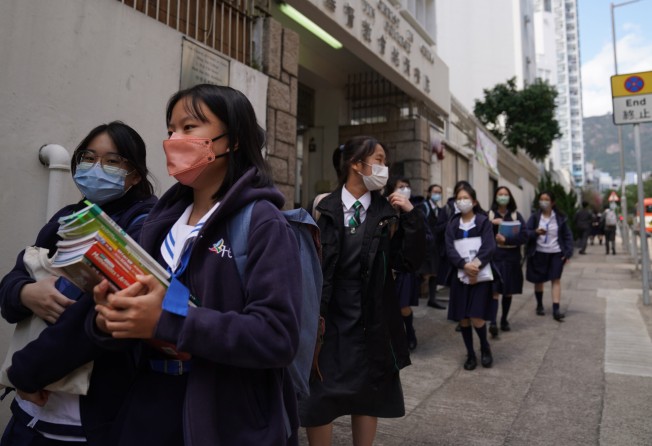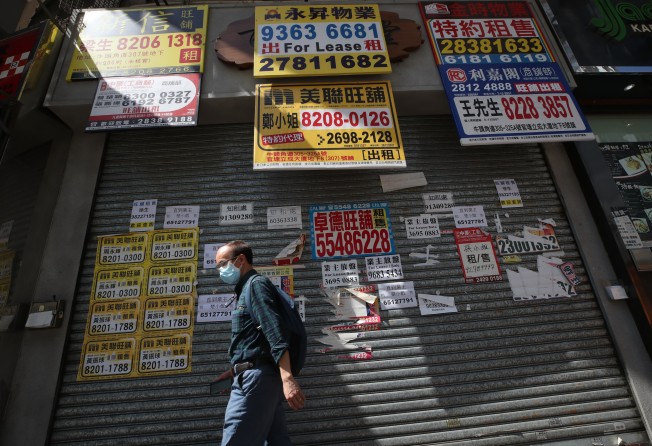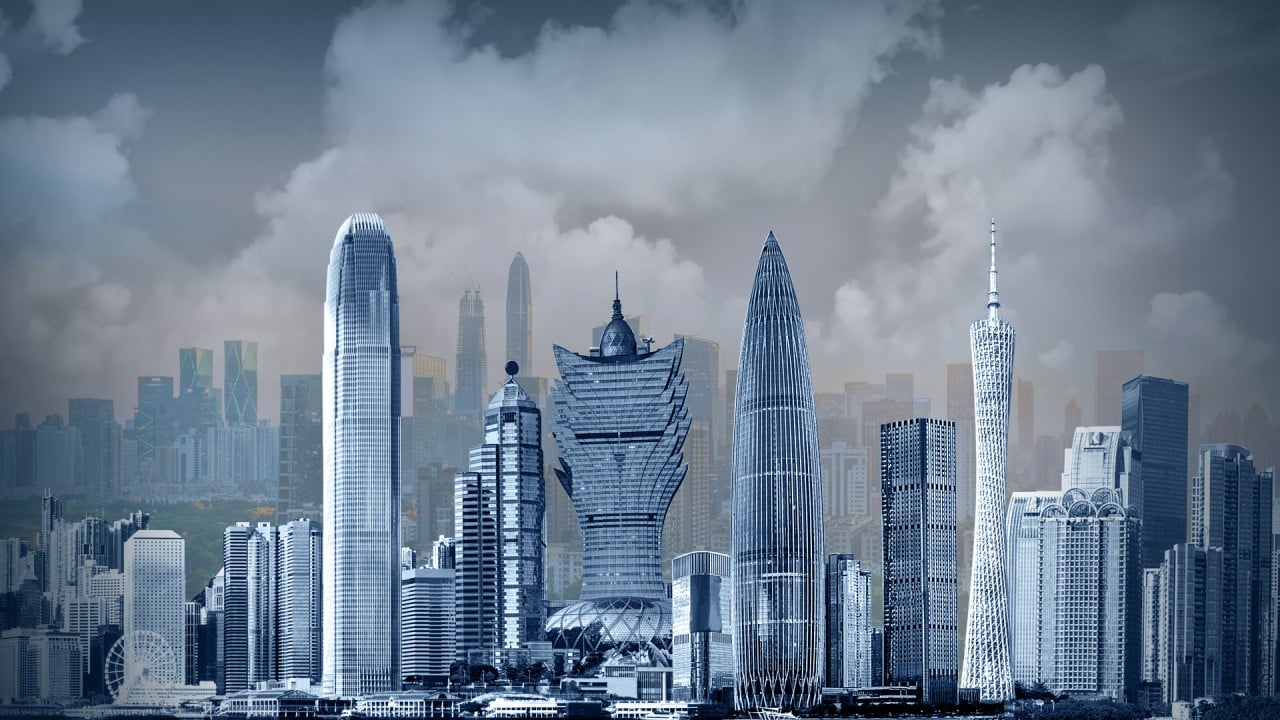
Hong Kong faces hard questions over pain of pandemic restrictions
- Students, athletes, businesses and Hong Kong itself are experiencing stunted growth while the rest of the world leaves us behind
- The city and its leaders must look beyond short-term issues and ask hard questions about the end game and how much more Hongkongers can take

During the past few days, the focus of Hong Kong’s pandemic response has shifted to the best timing to administer a fourth vaccine dose, the possible rise of imported cases and the administration of voluntary self-testing over three consecutive days.
As we enter the second quarter of 2022, which coincides with the second quarter of Hong Kong’s fifth wave, the administration and Hong Kong’s population would do well to take advantage of this moment to take stock of the enormity of the price we have paid – and continue to pay with each passing day – to fight the Covid-19 pandemic.
For me, there is no better way to characterise the price we have paid than the phrase “stunted growth”. Our children’s education has been stunted between February 2020 and now by the stop-start nature of their in-person schooling.
The most fortunate children have had the opportunity to partake in at most six months of face-to-face, full-day education on school premises. The least fortunate have not had a single day experiencing that format for some 24 months. Over the course of the pandemic, the consensus of educators and researchers makes clear that much has been lost. We have paid an incalculable cost that weighs on the development of students’ social skills, mental aptitude and resilience.
Our budding athletes have also been stunted in their development. Aside from Hong Kong’s success in the Tokyo Olympics – the bulk of the preparation for which took place before the pandemic – our athletes have paid a price in a lack of opportunity to compete at the highest level and pit their talent against their international peers.
This has been especially true for team sports, as anyone can see when considering Hong Kong’s truncated domestic football and rugby seasons. Developing athletes, not least the youngsters among them, have been unable to make progress in building their skills.

I almost need not mention the stunting of our economic growth, the financial secretary’s rosy remarks from his February budget address notwithstanding. Beyond the broader state of Hong Kong as a whole, many industry sectors within the city have been hit hard: entertainment, tourism, hotel, food and beverage, transport, gyms, exhibitions, co-working spaces, retail and more. The Star Ferry threatens to be the most recent case in point.
The list is long and distinguished only by the extent to which industries have been laid to waste. The road to restoring robust growth promises to be long and arduous.
Our integration with the mainland, Macau and the Greater Bay Area has been stunted. With the swift closing of borders since the outbreak of the pandemic, Hong Kong’s lack of involvement with the rest of the region has been glaring.
Whereas other cities in the Greater Bay Area are deepening their integration, Hong Kong has been relegated to outsider status. We find ourselves on the outside looking in while making hugely expensive multi-year punts such as the Northern Metropolis.
With all these areas of stunted growth so visible in the daily lives of many, questions arise over costs and benefits. At what cost is Hong Kong doing what it is to fight Covid-19? What price has Hong Kong already paid and for what gain? How much higher a price is it willing to pay? When all is said and done, will it have been worth it?
As rich as Hong Kong might seem, its coffers are not unlimited. As resilient as Hongkongers are, their patience is finite. As resolute as the mainland might seem in its determination to achieve and maintain “dynamic zero-Covid”, even their defence can suffer from fragilities in the face of nature’s wrath.
When will we as a city – and, more broadly, as a country – understand what the end game will look like and where it will take us? How much more of this stunted growth can we be expected to endure before our collective economic, social and mental backs break?
More than two years into the pandemic and well into the fifth wave of cases, it is important that we concern ourselves with more than purely immediate issues such as universal testing, important as they might be. We must also ask ourselves the harder questions that will help reposition us in our fight against the pandemic.
Failure to do so will only perpetuate the stunted growth to which we have sadly become so accustomed – our “new normal”. It is anything but.
Naubahar Sharif is professor of public policy at the Hong Kong University of Science and Technology (HKUST)
